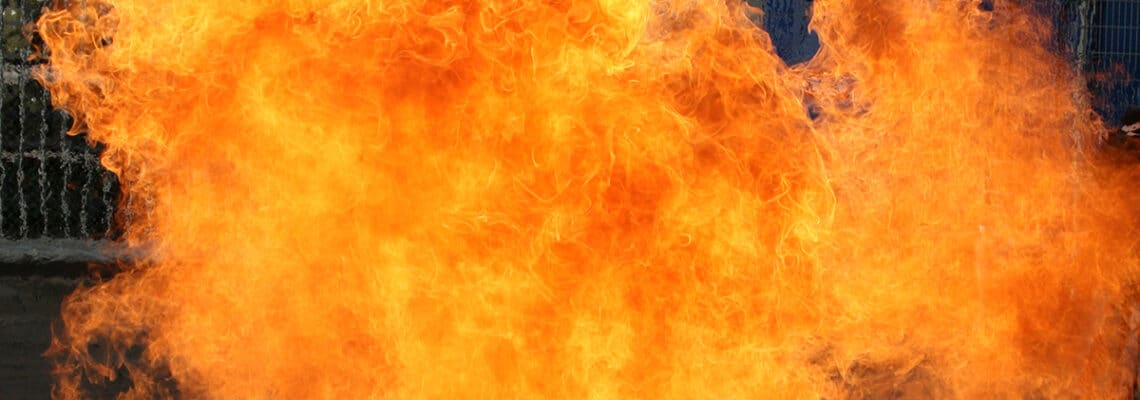The plaintiff in Yehia v Marphil Realty Corp., 2015 NY Slip Op 05670 [130 AD3d 615] was injured in a fire that occurred on the premises operated as a grocery store by defendant Nahshal Food Corp. Marphil Realty Corp owned the premises and leased it to Nahshal. The plaintiff was employed at the grocery store and resided in a bedroom located in the rear of the store. When the fire broke out, the plaintiff was asleep in the bedroom and sustained injuries as a result of the fire.
The New York Supreme Court, Appellate Division, Second Department upheld a lower court’s order denying the defendant’s motion for summary judgment in his personal injury lawsuit. If the motion for summary judgment was granted, the injured party’s case would have been dismissed. Now it will proceed to a trial.
The plaintiff commenced the action against the defendants to recover damages for injuries he sustained. The defendant-owner moved for summary judgment to dismiss the claims against him. The defendant alleged that he was an “out-of-possession” landlord and could not be held responsible for the plaintiff’s injuries as he did not have sufficient control over the premises. In addition, the defendant alleged that he did not have notice of any of the defective or dangerous conditions on the premises and therefore could not be held negligent for failure to maintain reasonably safe conditions. The New York Supreme Court denied the defendant’s motion for summary judgment.
As a general rule, a landowner owes a duty of care to maintain his or her property in a reasonably safe condition. This duty is based on the landowner’s exercise of control over the property. The landowner is considered to be the person in possession and in control of the premises. The owner is considered best able to identify and prevent harm to other individuals. However, when a landowner has transferred possession and control to another, the landowner is generally not liable for injuries caused by dangerous conditions on the property.
A landowner who has transferred their possession and control to another is called an “out-of-possession landlord.” However, the courts have previously held that an out-of-possession landlord can still be held responsible for injuries that occur on the premises if it has retained control of the premises, is contractually obligated to perform maintenance and repairs, or is obligated under the law to perform maintenance and repairs.
Here, the Supreme Court and the Appellate Division held that the defendant failed to establish that the defendant had released the duty of care to maintain the property in a reasonably safe condition. The lease between the defendants in this case provided the owner with the right to reenter the premises during usual business hours in order to inspect the area, and the right to enter the premises in order to make repairs and improvements to all parts of the buildings.
Under the terms of the lease and the facts presented, the court found that the defendant did not release control over the property in order to release itself from the duty of care. Thus, an issue of fact existed as to whether the defendant failed to maintain a reasonably safe condition on the premises. Accordingly, the defendant did not demonstrate that it was entitled to judgment as a matter of law (here, dismissal of the case).
http://www.nycourts.gov/reporter/3dseries/2015/2015_05670.htm




